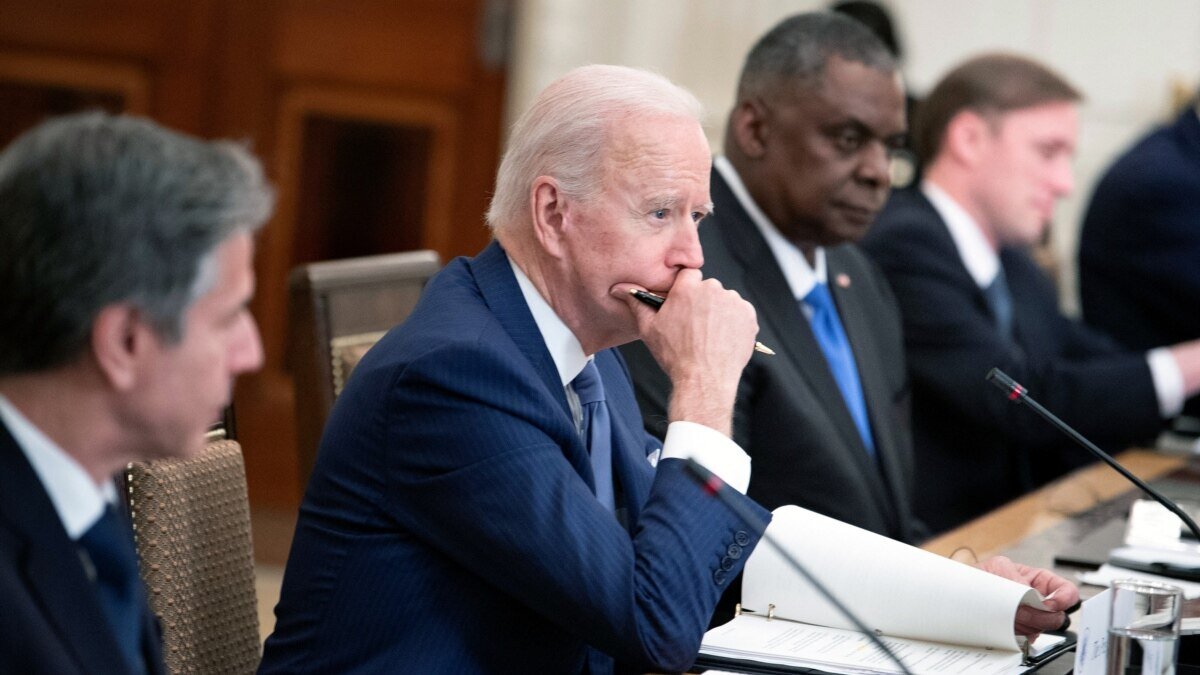Israel a burden for America, not asset: researchers

TEHRAN- The U.S. foreign policy agenda in West Asia is a measuring tool for America's friends and foes alike in their assessment of interactions with the United States, according to an article by two researchers.
The policies that Washington has applied in West Asia have resulted in some entanglements, which are discussed by Ali Salehian and Mojtaba Hosseini Fahraji in the following co-authored article.
After leaving the Monroe Doctrine, the United States of America has tried to engage in nearly all the issues worldwide.
The United States was able to achieve victory in World War II at a lower cost than other victorious nations mainly because of its favorable position and distance from the crisis zone. This advantage, along with the increased competition during the Cold War, established America as a leading force in shaping international relations and influencing global issues to align with its own interests.
Today, after years of spending heavy sums of money and losing its soldiers in Afghanistan, the U.S. has withdrawn from Afghanistan and given its place to the Taliban. Yet, democracy has not been established and the Afghan people do not accept the Western lifestyle.
U.S. strategic allies like Japan reconsider their relations with Washington and consider moving towards strategic autonomy from the United States in order to survive.
Even Arab states are of the same opinion as Japan in their foreign policies toward the U.S.
The Palestine issue can be evaluated from two important aspects:
First, given the huge U.S. support of the Israeli regime, it can be said that this regime has a unique position in the foreign policy of the United States. In fact, it can be said that the Israeli regime, rather than a reality, is a Western invention that has continued to exist with the support of the United States.
Second, the current events in the Gaza enclave prove the failure of the White House’s policy of peace process.
Also, the current happenings caused the weakening of the United States’ traditional alliances in West Asia.
The current situation of the U.S. in West Asia can be traced back to a syndrome of exhaustion, which means the imbalance between the U.S. commitments and its ability, with its ability being weaker.
The so-called exhaustion is getting exacerbated by the U.S. domestic situation, its polarized society, and issues like Ukraine and Gaza.
All in all, the issues in which the U.S. is entangled are all described as measuring tool for Washington’s allies and rivals.
Leave a Comment